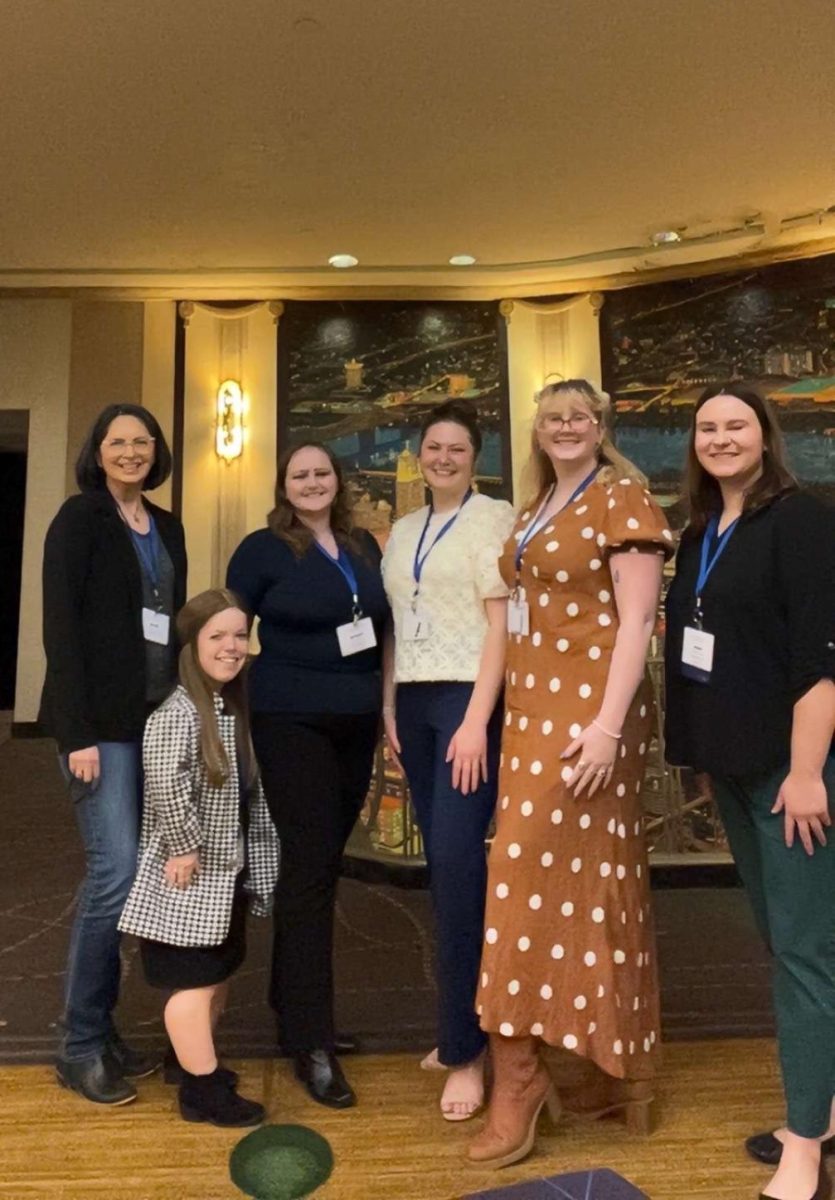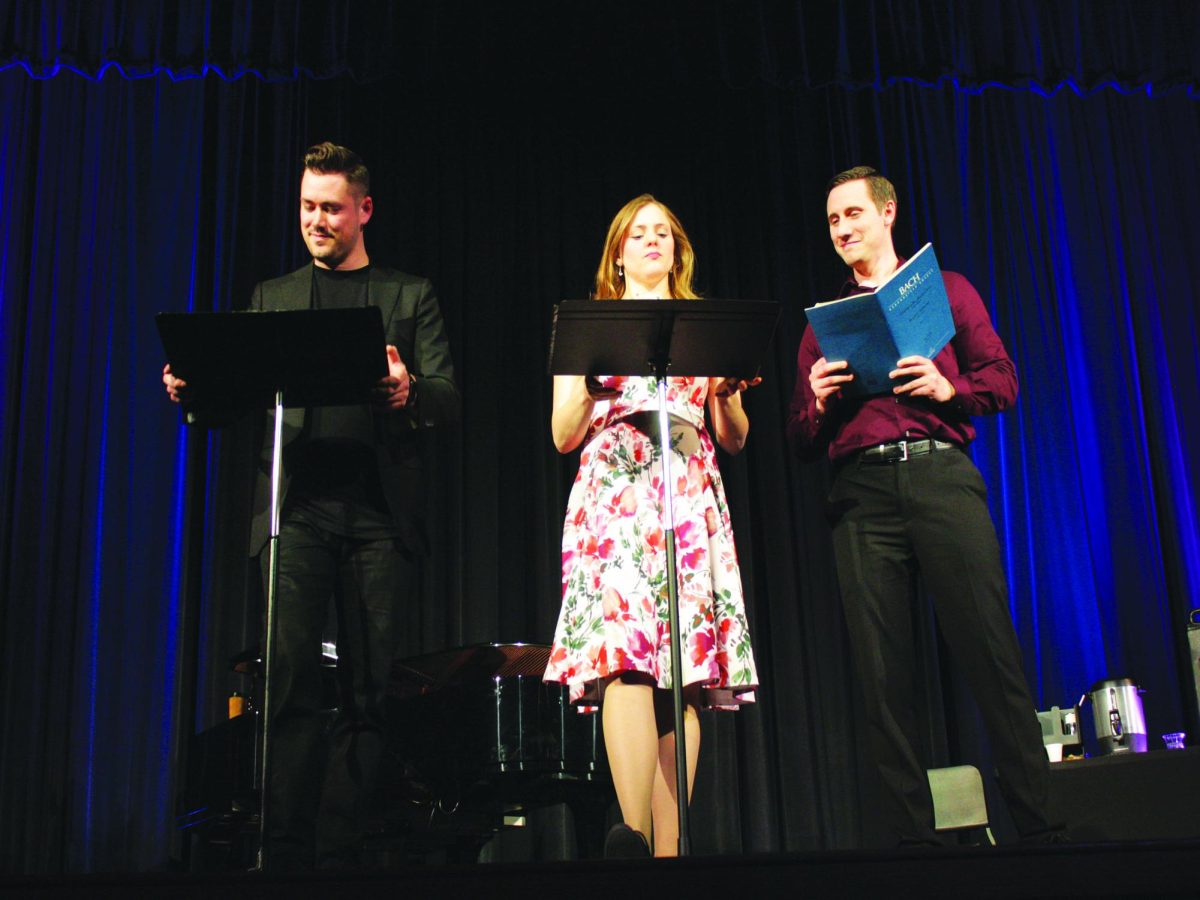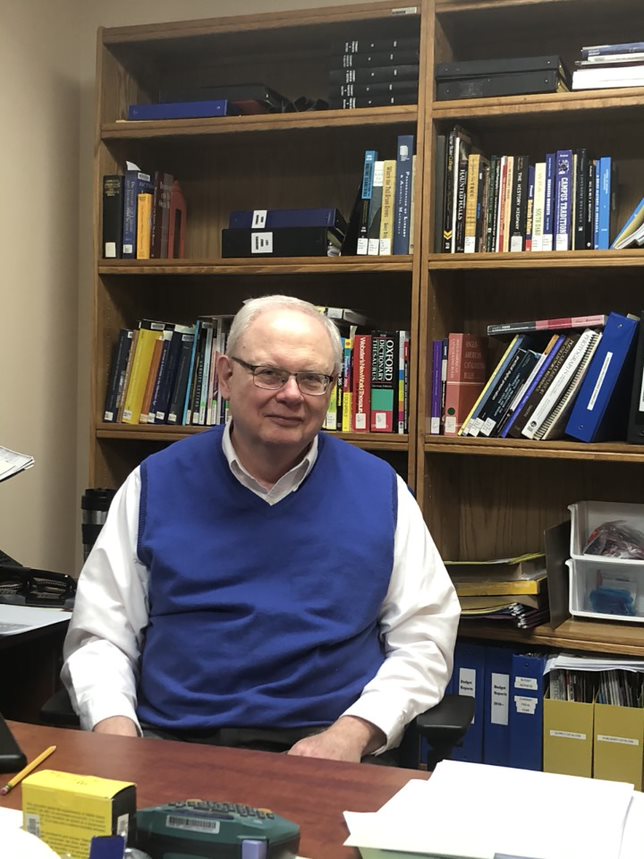Schlichter has manned WSC archives for two decades
Marcus Schlichter
October 20, 2020
When it comes to being an archivist, it’s all about the history. Wayne State College has a rich history since its opening in 1910. This is why Wayne State needed someone to keep track and find all this history. This is where Marcus Schlichter comes in. He oversees all the Wayne State archives for the last 20 years.
A library archivist is an information professional that collects, organizes, preserves, maintains, and provides access to records and archives that have long-term value. In order to become a library archivist, one must have some sort of education degree. Many others then go on to complete another degree such as a master’s in library science. Degrees that apply include: Master of Science Library Science, Master of Library and Information Science, and Masters of Archives and Records Administration.
The WSC archives have an abundance of history from historical files, from the Wayne Stater to college relations. Other examples include brief interviews and Neihardt collection items which are newspaper clippings and magazine articles. The City of Wayne has postcards and old phonebooks and newspapers. They also have some photocopies from the Wayne Herald. Wayne State also has archival minutes, which are stories about persons in Wayne State’s history. They’re on the library archive website.
At WSC, Schlichter is the archivist. One of the things that he does at WSC is the archival minute.
“I’ve done one on the university president, or on some previous homecomings,” Schlichter said.
Schlichter also does a lot of work in the college public relations.
“Last year I helped out with some of the old logos when it came figuring out a new logo for the college. We looked at the old ones throughout the years to come up with a new one.”
Schlichter also buys things that can be related to the college on eBay which could be anything, from old yearbooks to even a spoon.
Marcus Schlichter has been at Wayne State since 1988, but he wasn’t always the archivist. He had been the collection development librarian and acquisitions librarian. The archives started at Wayne State in 2006. Schlichter wasn’t always working in the library as this is his second career. He was at Western Illinois University, where he has a degree in broadcasting, and he taught there for 9 years before he made the career change into working in the library.
“I made the change as I had always had an interest in history, and I had been kind of an archivist myself. I had been collecting a lot of things in my life,” Schlichter said.
Schlichter had gone back to school after his time at Western Illinois and went to library school at Emporia State where he got his degree so he could work full-time at a library.
“When it comes to the most challenging part of my job, I would say it’s just having all of this material. I have some just sitting in boxes and I know what there it is just a matter of organizing it all and getting it where it needs to go,” Schlichter said.
He organizes everything through a spreadsheet so that he knows what he has with the things that are in the boxes.
“The most interesting part of my job would have to be just all of the discoveries I make and the history,” Schlichter said. “I have just been fascinated with everything that I have learned about Wayne State and just the City of Wayne in general.”
Most recently, Schlichter made a discovery involved a Neihardt club discovery.
“In 1923, they went up to South Dakota where they heard about a poem that was written by Neihardt about Hugh Glass,” Schlichter said. “The club went up there where there is a monument where they went up there and they erected the monument up there. I read a story in the Golden Rod which was what the paper was then. And they issued a challenge to 2023 Wayne State to go back and do the ceremony again that they did back in 1923. I also was looking at the University of Missouri archives where I found a few of the photographs that were from the 1923 trip to South Dakota where I was able to get some scans of those photos which really brought the story to life.”
“I think the one piece of advice that I could give students interested in this is just find a good school where you can get a good degree,” Schlichter said. “Then you can work your way up through the library or if you have a taste for history, I will really recommend the archives.”






